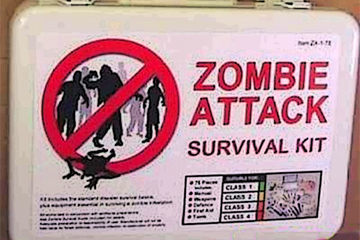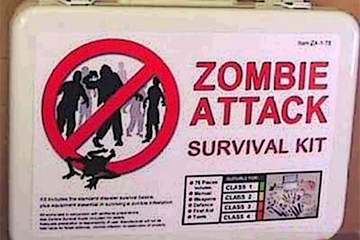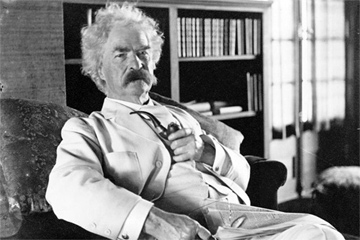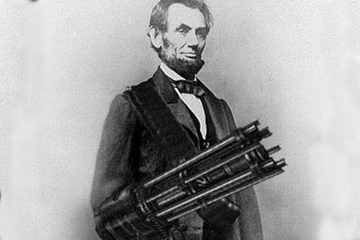
Photo: Way Odd
Spring had come early to the valley, the dewy sweetness of fresh grass on the air and a gentle sun above. My wife and I rested against the trunk of a brawny oak, and I traced her cheek with a dandelion. “What are you thinking of, honey?” I asked wistfully.


